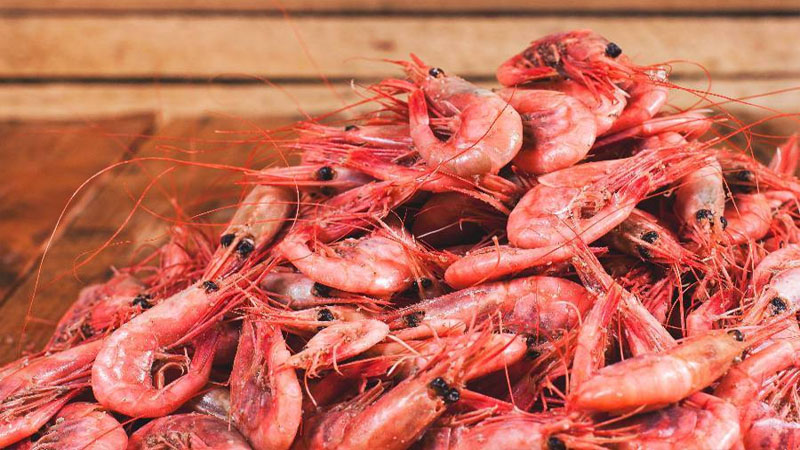Exclusive content

The Quebec shrimp industry in Canada, particularly centered around the famed “crevettes de Matane” from the Gulf of St. Lawrence, faces a dire future as rising temperatures drastically affect shrimp stocks and their habitat. Recent developments, including the closure of a key processing plant in Matane, paint a grim picture for the once-flourishing industry.
Closure of Matane Processing Plant
The closure of the seafood processing plant in Matane, owned by Royal Greenland, signifies a setback for the Quebec shrimp industry. Factors contributing to the closure include declining shrimp stocks, a shortage of employees, and financial challenges exacerbated by high shore prices and low market prices.
Fisheries and Oceans Canada announced a substantial decrease in the quota for northern shrimp stocks in the estuary and northern Gulf of St. Lawrence. This reduction, down to 3,060 tonnes from approximately 14,500 tonnes in the previous year, reflects the alarming decline in shrimp populations in the region.
Impact of Rising Temperatures
Experts attribute the decline in shrimp stocks to the steady rise in temperatures within the Gulf of St. Lawrence. Over the years, temperatures near the sea floor, where shrimp thrive, have increased by approximately 1.8 degrees Celsius. This rise is particularly detrimental to cold-blooded species like shrimp, leading to their migration to increasingly limited favorable habitats.
While the outlook for the Quebec shrimp industry appears bleak, there are glimmers of hope in the form of other species thriving in warming waters. The increasing presence of lobster and the reopening of the commercial redfish fishery offer some potential alternatives for fishers and processing plants, albeit with significant challenges and uncertainties.
Challenges and Adaptation
Adapting to changing environmental conditions and exploring alternative species present significant challenges for fishers and processing plants. Such transitions require substantial investments in equipment, skills, marketing, and government support. However, even with these efforts, success is not guaranteed, as shifting environmental dynamics continue to pose uncertainties for the industry’s future.
Despite the current setbacks, there remains a glimmer of hope for the revival of the Quebec seafood industry. Matane Mayor Eddy Métivier expresses optimism that a buyer may emerge for the closed processing plant, potentially ushering in a new era centered around alternative seafood products like lobster and redfish.